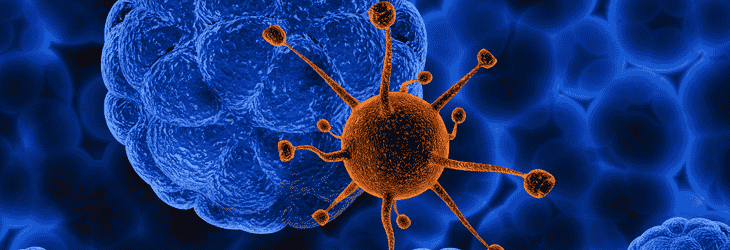Track: Cancer Immunology

The Cancer Immunology session highlights the pivotal role of the immune system in cancer prevention, progression, and therapy. This session explores how immune mechanisms influence tumor development and how advanced oncology research is shaping novel immunotherapies for cancer treatment. By integrating insights from molecular oncology, cancer biology, and precision medicine, researchers aim to enhance cancer prevention strategies and develop personalized immuno-oncology interventions. Discussions will also focus on clinical studies, global cancer initiatives, and healthcare research efforts advancing immune-based cancer therapies and population health outcomes.
Immune Surveillance and Tumor Escape Mechanisms
This sub-topic explores how the immune system identifies and eliminates cancer cells and how tumors evade immune detection through suppressive signaling pathways. Insights gained here support cancer prevention strategies and the development of immune-based therapies.
Tumor-Immune Microenvironment and Its Role in Cancer Progression
The tumor microenvironment, composed of immune cells, stromal cells, and signaling molecules, influences tumor growth and therapy response. This sub-topic discusses how modulating the immune microenvironment enhances cancer therapy research and preventive oncology interventions.
Immune Checkpoint Pathways and Targeted Therapies
Immune checkpoints regulate immune responses to prevent autoimmunity but can be hijacked by cancer cells to avoid destruction. This sub-topic examines the development of immune checkpoint inhibitors that have transformed cancer immunotherapy and improved patient survival outcomes.
Cancer Vaccines and Immunoprevention Strategies
This sub-topic highlights progress in cancer prevention through vaccines targeting oncogenic viruses, tumor-associated antigens, and personalized cancer vaccines. It emphasizes how immunoprevention reduces cancer risk, complements public health interventions, and supports global cancer initiatives.
Biomarkers for Predicting Immunotherapy Response
Identifying predictive biomarkers is essential for selecting patients who will benefit from immunotherapies. This sub-topic explores molecular and genetic biomarkers that guide personalized immuno-oncology treatment decisions and support early detection and effective cancer therapy research.
Adoptive Cell Therapies and CAR-T Cell Innovations
Adoptive cell therapy, including CAR-T and TCR-engineered cells, is revolutionizing cancer treatment. This sub-topic covers the latest advances in harnessing patient-derived immune cells to enhance targeted therapies and improve outcomes in refractory or relapsed cancers.
Scientific Highlights
- Public Health & Cancer Awareness
- Cancer Prevention
- Screening & Early Detection
- Vaccination & Immunoprevention
- Environmental & Occupational Factors
- Complementary & Emerging Approaches
- Genetic & Personalized Prevention
- Cancer Biology and Genetics
- Cancer Immunology
- Molecular Oncology
- Hematology in Cancer
- Cancer Diagnosis and Therapeutic Approaches
- Oncology Research and Innovations
- Advanced Methods in Cancer Research
- Cancer Epidemiology and Prevention
- Future Trends in Prevention & Research
- Pediatric Oncology


